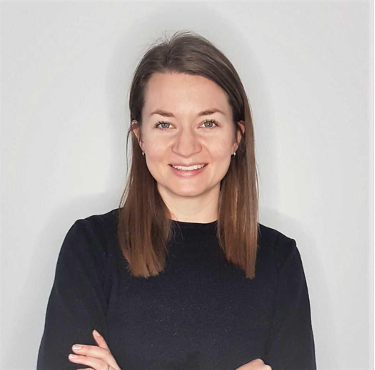Emilia Tantar
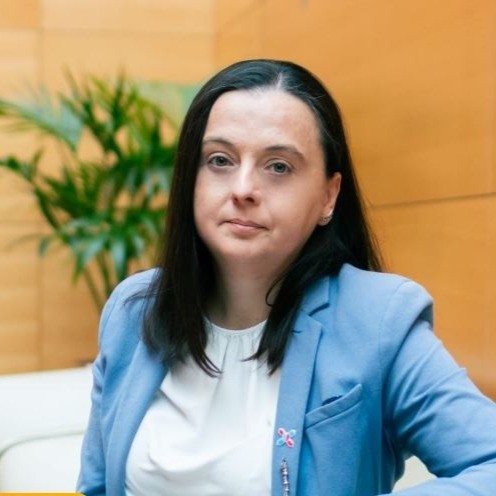

My fellowship addresses three critical gaps in the European AI standardization landscape: The first gap concerns the harmonisation of Documentation Development, as there is an urgent need for technical documentation (Annex ZA, HAS checklists) to connect developing standards with AI Act requirements following the M/593 request. Without this work, standards risk delayed OJEU citation, creating regulatory uncertainty. I've worked on developing preliminary harmonization documents for JT021008 (Trustworthiness), JT021039 (QMS), and JT021024 (Risk Management). The second gap is related to cross-Standard Technical Coherence. As multiple AI standards are developed simultaneously, it creates potential inconsistencies in terminology, requirements, and implementation approaches. I've created mapping documents highlighting interconnections between standards, particularly focusing on how QMS requirements interface with other M/593 standards, to ensure a coherent framework. The third gap focuses on the alignment with EU AI Act Articles, as technical specifications in draft standards must precisely align with AI Act articles to support regulatory compliance. I have contributed targeted technical refinements to clauses 6.4 (transparency) and 6.5 (human oversight) in the Trustworthiness Framework to strengthen alignment with Articles 13 and 14 of the AI Act.

The main priorities of my fellowship are to support the development of two European standards for AI systems, Risk Management and Cybersecurity, which will enable organisations to manage risks and address cybersecurity concerns in alignment with the AI Act.

With the support of this fellowship, I tackle specific bias detection and mitigation requirements with accompanying illustrative example within CEN/CLC/JTC21 WG3 "Concepts, measures and requirements for managing bias in AI systems" standard that are aligned/harmonised with relevant EU AI Act legislation.

With this fellowship, I significantly contribute to the ICT Standards landscape by addressing the lack of standardised guidelines for processing Personal Identifiable Information (PII) in blockchain and Distributed Ledger Technology (DLT) systems. Approving the New Work Item Proposal (NWIP) for “Guidelines on processing PII using blockchain and DLT” establishes a crucial foundation for privacy-preserving, GDPR-compliant blockchain applications.
By leading the creation of CEN/CENELEC JTC19 WG3, I am ensuring the development of a harmonised European approach to blockchain privacy, reducing fragmentation and fostering interoperability. These efforts align blockchain implementations with European regulations, consumer protection laws, and data governance principles.

My fellowship focuses on standardizing Non-Fungible Tokens (NFTs) for sustainable asset management, addressing gaps in digital asset representation, regulatory clarity, and ESG alignment. It supports innovation, transparency, and interoperability in tokenized real-world assets (RWAs), in line with EU priorities.
Current NFT-based RWA systems lack harmonised frameworks, causing fragmentation in asset tracking, legal recognition, and compliance. This hinders adoption across supply chains, carbon markets, and IP management. My project proposes a cross-industry standard to ensure interoperability, regulatory alignment, and lifecycle transparency.
In this sense, the there are two major priorities for this action, including:
Standardized Multi-Asset Tokenization that enables NFT-based tracking of physical, environmental, and intangible assets. It also enhances lifecycle transparency, supports the circular economy, and ensures blockchain interoperability.
Digital Product Passport (DPP) to align NFTs with DPP for end-to-end traceability, compliance, and ESG reporting.This strengthens supply chain transparency and EU circular economy goals.
The key Challenges related to my activity are:
Regulatory Uncertainty: Lack of clear NFT standards impedes legal and policy alignment. This initiative ensures conformity with EU law and ISO.
Adoption Barriers: Fragmented governance limits integration. Standardisation enhances technical and regulatory trust.
Sustainability Concerns: Energy-intensive DLTs are problematic. This activity promotes efficient models aligned with the Green Deal.
Consequently, this project positions Europe as a leader in NFT standardisation, fostering secure, compliant, and sustainable digital ecosystems.

In this fellowship the original objective is to start to prepare a NWI to address the age approriate topic and start the standard development. The aim is to improve the benefits and reduce the risks in the digital world for young users up to the age of 18. The solution is to adapt the content delivered by online products and services according to the age of users. Moreover, the process requires establishing the age/capacity of users, including age verification and age estimation. The CWA does NOT define age estimation and verification processes (Out of scope) but requires to select an appropriate age assurance tools/approach in conformity with established standards and official guidance.
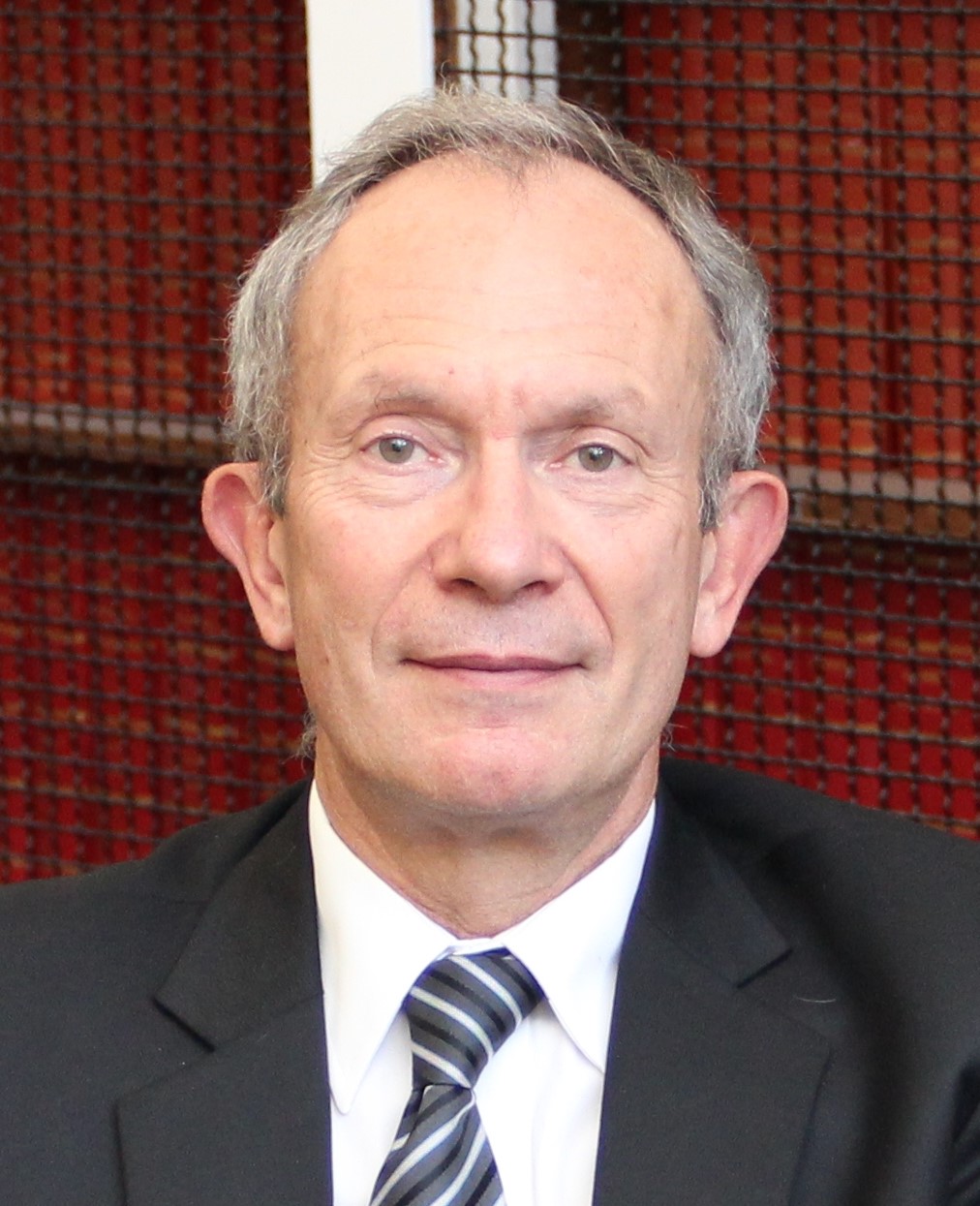
The standards being developed should cover the requirements of the full range of stakeholders (including users, affected bystanders and manufacturers etc) over the complete lifetime of the product.
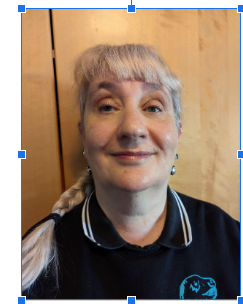
The work I am leading in European Standardisation through the CEN and CENELEC JTC 21 WG 2, answers directly the main operational pillars of the Standardisation request received from the European Commission as to provide technical specifications through standards (candidate for harmonization) in support of the EU AI Act.
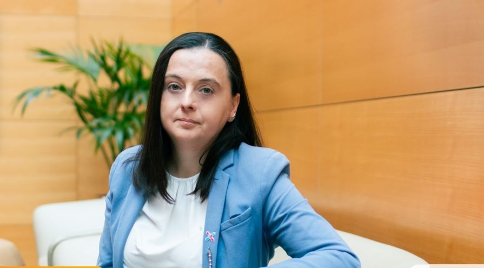
My work to date has been seeking to promote trustworthiness through fundamental rights protections in European harmonised technical standards concerning AI, in particular JTC21.

My fellowship focuses on researching the feasibility of developing an international (e.g. ISO) standard for deploying Artificial Intelligence (AI) in climate action, culminating in a Technical Report following consultation with chairs of relevant ISO technical committees.

Artificial Intelligence (AI) is a key component of the Rolling Plan for ICT standardisation, supporting the European Commission’s Standardisation Request issued to back the AI Act. My contribution is aligned with the objectives of the AI Key Enablers, particularly in the areas of Cybersecurity in AI and the Data Economy.
